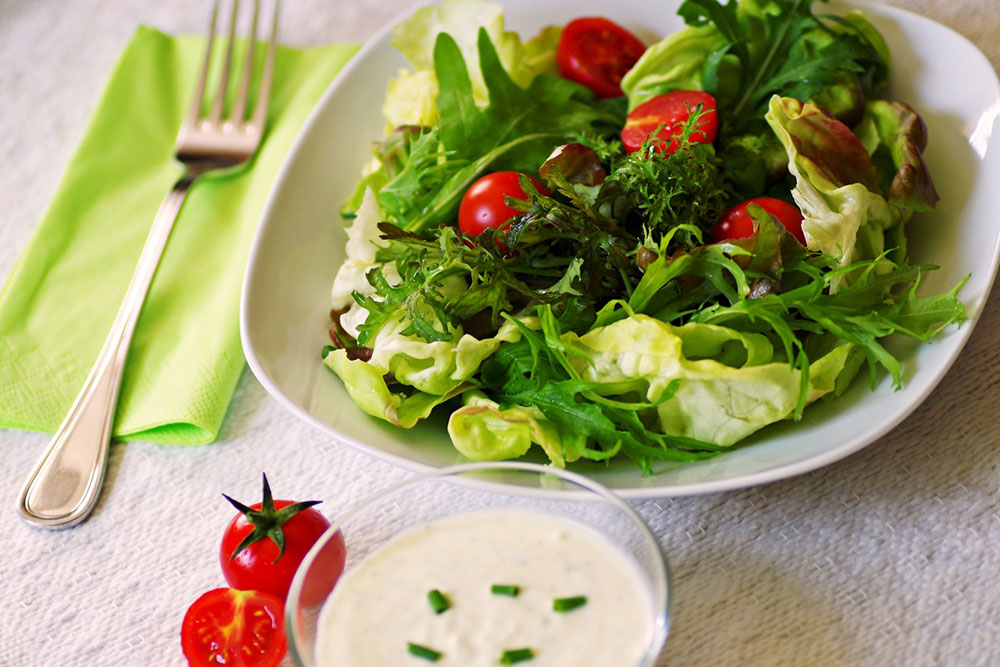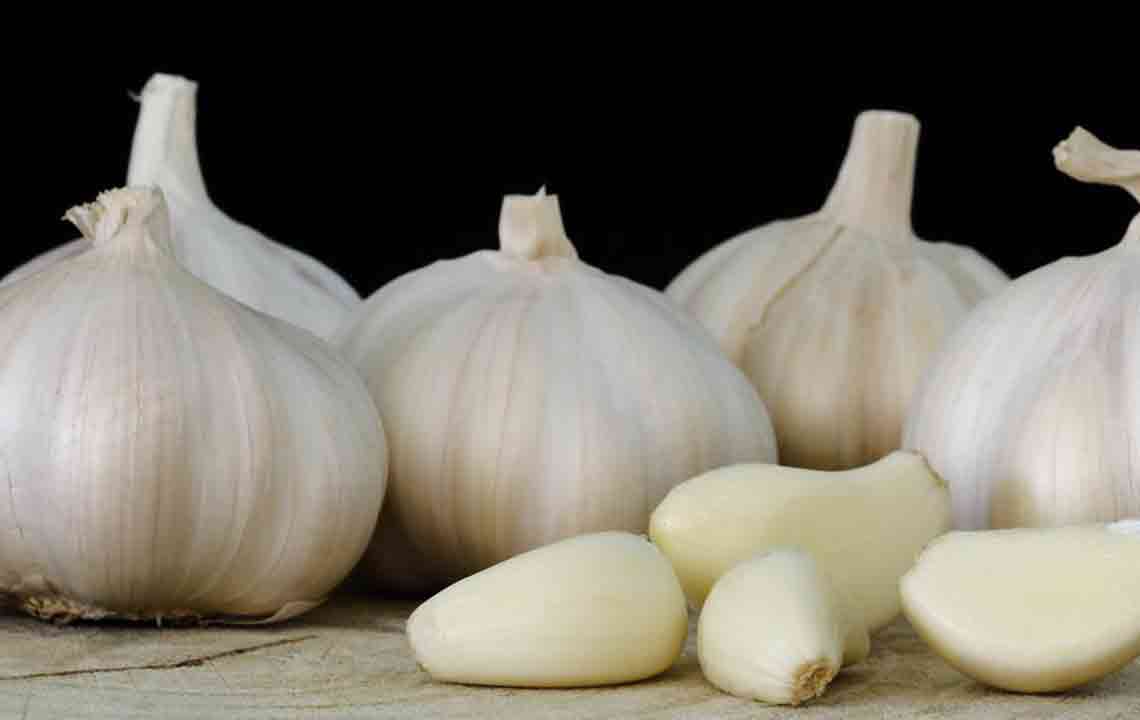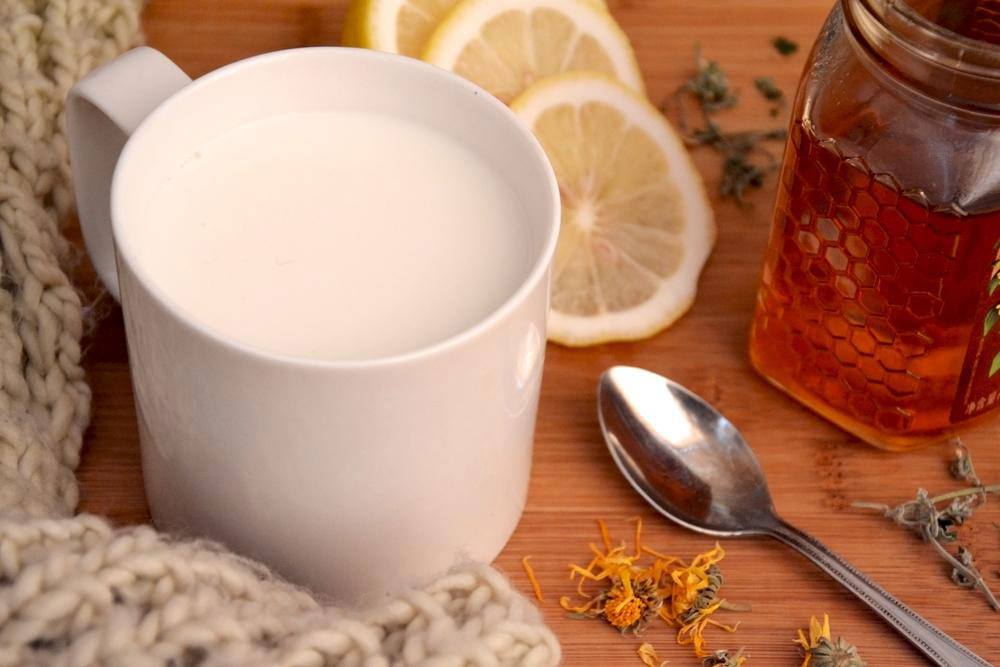Effective Dietary Solutions to Relieve Constipation Naturally
Discover effective dietary strategies to naturally alleviate constipation with high-fiber foods like prunes, apples, flaxseeds, kiwis, and beans. Incorporate these nutritional solutions into your daily diet to promote healthier digestion, improve bowel movements, and support overall gut health. This comprehensive guide highlights natural, tasty, and accessible remedies for constipation, helping you achieve digestive comfort and regularity naturally.

Comprehensive Dietary Approaches to Alleviate Constipation
Constipation is a widespread digestive issue affecting millions worldwide, characterized by infrequent, hard, and difficult-to-pass stools. It occurs when waste moves sluggishly through the colon, causing the colon to absorb excess water, which results in dry, compacted stool that is hard to eliminate. While laxatives are often used as quick fixes, they should be considered only as a temporary solution due to potential dependency and side effects. An effective, sustainable way to address constipation involves making informed dietary choices, specifically adding nutrient-rich, fiber-dense foods that naturally promote bowel movements. Adopting a balanced diet rich in high-fiber foods can significantly improve bowel health and overall digestion. This article provides an extensive overview of the best dietary remedies, focusing on foods with proven benefits for combating constipation naturally.
Prunes and Dried Plums Prunes have long been heralded as one of the most effective natural remedies for constipation. These dried fruits are not only easily accessible and affordable, but they pack a powerful fiber punch—approximately 2 grams per 28-gram serving—along with specific bioactive compounds like phenolic compounds and sorbitol. Sorbitol acts as a natural osmotic agent, drawing water into the intestines and stimulating bowel movement. Multiple studies underscore that consuming around 100 grams of prunes daily can markedly improve digestion, enhance stool consistency, and promote regularity. Prunes can be enjoyed in various ways: as a standalone snack, blended into smoothies, incorporated into baked goods, or added to salads and cereals, making them a versatile and appealing dietary solution for bowel health.
Fresh and Raw Apples Apples are high in pectin, a soluble fiber known for supporting gut bacteria and strengthening intestinal health. Pectin helps increase stool bulk and softens stools, alleviating constipation symptoms. On average, apples contribute about 17% of the daily recommended fiber intake, making them an excellent choice for promoting healthy digestion. To maximize their benefits, eating apples raw and unpeeled is ideal, as much of their fiber resides in the skin. They can also be incorporated into smoothies, salads, baked dishes, or juices. Because of their natural sweetness, apples are a healthy, tasty, and easily accessible remedy for improving bowel movements and maintaining digestive regularity.
Flaxseeds and Ground Flaxseed Meal Flaxseeds are small but potent fiber sources, providing about 11% of the daily fiber needs per tablespoon. They contain both soluble and insoluble fibers, which support intestinal motility and help bulk up stool. Additionally, flaxseeds contain omega-3 fatty acids, lignans, and antioxidants, which contribute anti-inflammatory and gut-healing properties. Ground flaxseed is more bioavailable and easier to digest than whole seeds, making it an excellent addition to daily diets. Incorporate ground flaxseeds into breakfast cereal, yogurt, smoothies, muffins, or baked bread for a natural fiber boost and relief from constipation. Regular intake has been linked to improved bowel frequency and overall gastrointestinal health.
Kiwifruit (Chinese Gooseberry) The kiwi is a nutrient-dense, delicious fruit that offers about 2.3 grams of fiber per 76-gram serving, one of the highest among fruits. Its vibrant green flesh and slightly tart flavor make it a pleasant addition to various dishes. Rich in vitamin C, vitamin K, and antioxidants, kiwis help exfoliate and soften stool while stimulating intestinal transit. Studies suggest that consuming kiwis regularly can significantly ease constipation symptoms and promote more consistent bowel movements. They can be enjoyed on their own, in fruit salads, blended into smoothies, or as toppings for yogurt, making them both healthful and delightful dietary options.
Legumes and Beans Legumes such as chickpeas, lentils, kidney beans, navy beans, and soybeans are among the best natural sources of dietary fiber. A typical serving of 182 grams can contain over 10 grams of fiber, supporting efficient digestion and preventing constipation. The insoluble fiber in beans adds bulk to stool, while soluble fiber helps retain water, softening the stool and making it easier to pass. Incorporating beans into various recipes—such as salads, soups, dips, and stews—not only enhances flavor but also boosts fiber intake substantially. Regular consumption of beans has been scientifically linked to better bowel habits, reduced risk of gastrointestinal disorders, and improved gut microbiome health.





